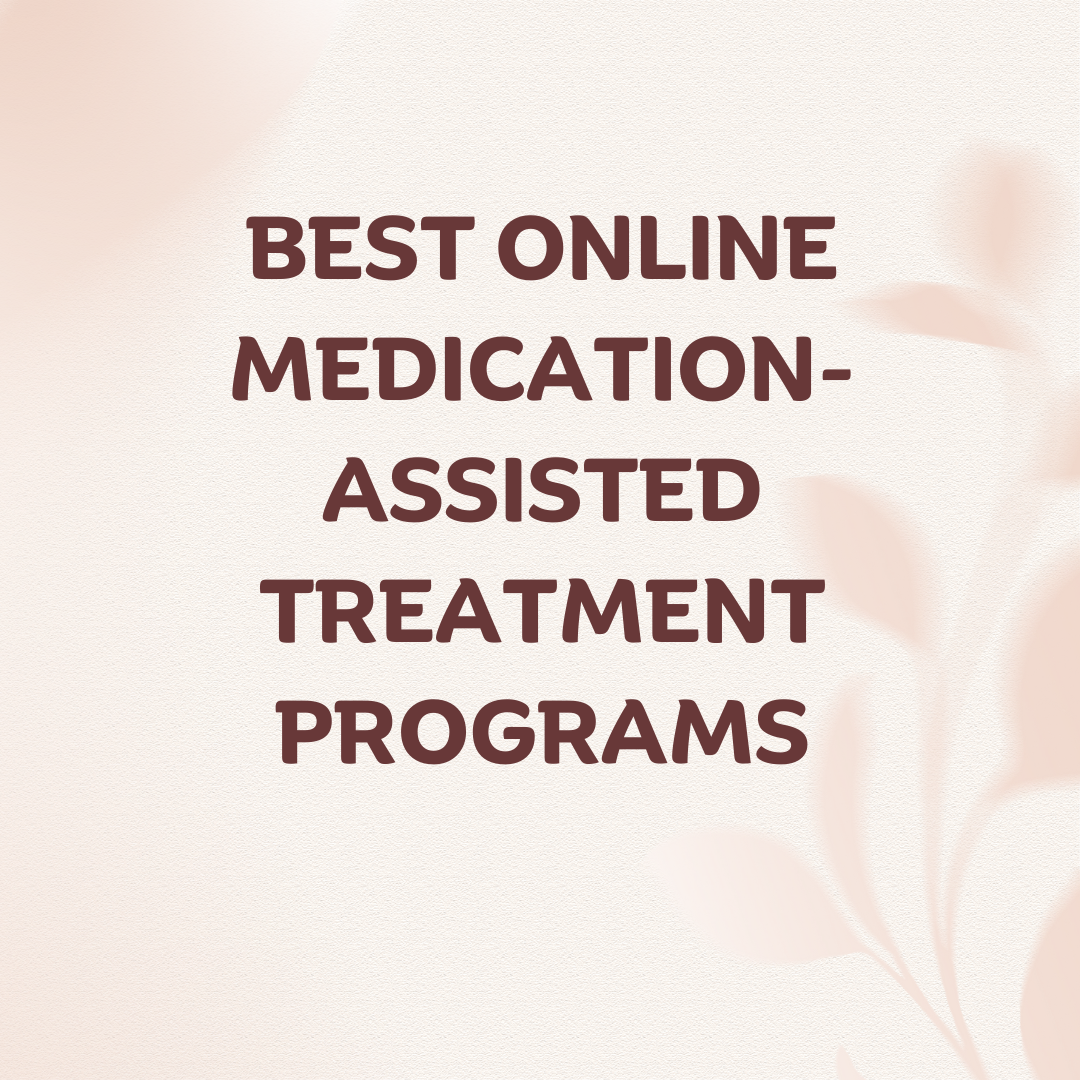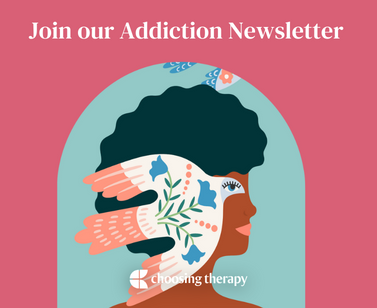Methadone is an opioid agonist frequently used to treat opioid use disorder (OUD). Methadone treatment can help limit discomfort from withdrawal symptoms and reduce urges to use throughout recovery. While methadone prescriptions pose side effects or addiction risks, the medication is safe as part of a comprehensive and supervised treatment program.
Bicycle Health: Telehealth Treatment For Opioid Use Disorder Medically Assisted Treatment For Addiction (MAT) Same Day Prescriptions Often Available 100% Online Covered By Most Major Insurance
What Is Methadone?
Methadone belongs to the opioid class of drugs and is primarily used to treat severe pain and opioid use disorders (OUDs). Methadone treatment is a safe, regulated, and supervised alternative to immediate or gradual opioid cessation.1,2,3 Individuals typically take daily doses of methadone in liquid, powder, or diskette form.1
How Does Methadone Work?
Methadone is a long-acting opioid agonist that attaches to the same receptors as other opioids. Methadone for opioid use disorder replaces the abused substance, ideally preventing uncomfortable withdrawal symptoms of detoxification and eliminating cravings for other opioids.1
What Is Methadone Used For?
Individuals abusing illicit or prescription opioid substances, like heroin, oxycodone, or fentanyl, may be prescribed methadone throughout recovery. Based on professional guidance, patients prescribed methadone for opioid use disorder may taper doses over a few months or use methadone long-term. Methadone treatment typically lasts a minimum of one year.1
Methadone Side Effects
Like many other safe and effective prescriptions, methadone may result in side effects. Some effects may decrease over time, while others persist and worsen throughout treatment. Each person will have a unique experience with methadone prescriptions. Individuals should always consult with a prescriber to understand methadone side effects on the body. Those experiencing severe reactions should immediately seek emergency services because these side effects can be life-threatening.
Common side effects of methadone include:1,3
- Restlessness
- Nausea, vomiting, and constipation
- Headache
- Weight gain
- Dry mouth or sore tongue
- Stomach pain
- Sleep problems
- Mood changes
- Feeling flushed
- Trouble urinating
Serious side effects of methadone may include:
- Trouble breathing or swallowing
- Feeling lightheaded
- Chest pain
- Confusion, agitation, or hallucinations
- Trouble staying awake
- Rash or swelling
- Itching or hives
Bicycle Health: Telehealth Treatment For Opioid Use Disorder “Best For Online MAT Program For Opioid Use Disorder” (Choosing Therapy)* Bicycle Health offers therapy, support, and medication for addiction treatment (MAT). MAT offers the lowest relapse rates for opioid use disorder, helping people to stop using opioids with minimal physical discomfort. Covered by most major insurance. Visit Bicycle Health.
Methadone Warnings & Risks
Methadone treatment is generally safe and effective when taken as recommended for pain or opioid use disorders. However, methadone prescriptions are powerful opioids that can interact with other medications or health conditions. Reviewing mental and physical health conditions with a doctor is essential to ensure health and safety.
Before discussing methadone treatment, individuals should inform their doctors of any health concerns, such as:3
- Glaucoma
- Irritable bowel disease (IBS)
- Parkinson’s disease
- Ulcers
- Urinary problems
- HIV
- Mental health conditions
- Seizures
- Heart disease or a heart rhythm disorder
- Liver, thyroid, pancreas, gallbladder, or liver disease
- Head injuries or brain tumors
- Breathing problems
Methadone Addiction
Methadone is a substance of abuse, meaning individuals may develop opioid addiction throughout treatment. However, someone prescribed methadone will not inherently experience addiction. Taking the medication as prescribed limits the risk of addiction, but patients may still become physically dependent on methadone. Predicting who will experience methadone addiction is impossible, but the benefits of methadone treatment outweigh the risks.
Using Methadone While Pregnant
Pregnant or breastfeeding individuals can safely take methadone.2,4 Opioid cessation before pregnancy is ideal, but methadone treatment can help mothers reduce health risks for themselves and their babies. If you receive a methadone prescription while pregnant or breastfeeding, follow instructions for dosing closely.3
Symptoms of Methadone Overdose
Like other opioids, overdosing on methadone is a concern. Someone who takes more methadone than prescribed, mixes methadone with other substances, or changes how they take methadone is at risk of overdose.
During a methadone overdose, the person may appear extremely sleepy, limp, and unresponsive. Seek immediate medical attention if symptoms of an overdose occur. Overdoses can result in death, but acting fast can save a life. Opioid-overdose drugs, like naloxone, can quickly reverse the symptoms of methadone overdose and improve the chances of survival.2
Signs of a methadone overdose include:3,5
- Slow and shallow breathing
- Tiny pupils
- Appearing extremely drowsy, sleepy, and disoriented
- Limp and lifeless muscles
- Blue color on fingernails, toenails, and lips
- Skin that feels cold and clammy
- Convulsions
- Weak pulse
- Coma
Bicycle Health: Telehealth Treatment For Opioid Use Disorder “Best For Online MAT Program For Opioid Use Disorder” (Choosing Therapy)* Bicycle Health offers therapy, support, and medication for addiction treatment (MAT). MAT offers the lowest relapse rates for opioid use disorder, helping people to stop using opioids with minimal physical discomfort. Covered by most major insurance. Visit Bicycle Health.
Methadone Drug Interactions
Methadone interacts with many prescription drugs. Individuals should always consult their medical team about all current prescription and over-the-counter medications. Vitamins, minerals, herbs, and dietary supplements could also create unpredictable complications with methadone. Combining methadone with other substances could create dangerous drug interactions or reduce the efficacy of both medications.
Medications and substances that can negatively interact with methadone include:3
- Alcohol: Like opioids, alcohol can affect a person’s breathing. Combining methadone and alcohol can have a more dangerous impact on breathing and alertness.
- Benzodiazepines: Benzodiazepines, including alprazolam (Xanax), chlordiazepoxide (Librium), and clonazepam (Klonopin), can increase some methadone effects and potentially result in overdose.
- Other opioids: Patients should always avoid certain prescription pain medications, over-the-counter cough medicines, and illicit opioids in methadone treatment. Combined effects can put the individual in danger of dangerous overdose symptoms.
- Antipsychotics and antidepressants: Using these medications concurrently could produce interactions. Prescription adjustments might be necessary.
Methadone Withdrawal
Individuals will likely experience methadone withdrawal symptoms when they miss a dose or are ending methadone treatment. Symptoms will mirror other opioid withdrawals but may be delayed or longer lasting.
With short-acting opioids, a person may begin experiencing the discomfort of withdrawal in just a few hours. However, because methadone is a long-lasting opioid, symptoms may not develop until 48 hours after the last methadone dose. Similarly, it may only take four days to complete withdrawal from a short-acting drug like heroin, but methadone withdrawal could take as long as 20.6 Some refer to methadone as “liquid handcuffs” because continuous use allows avoidance of challenging withdrawal symptoms.7
Methadone withdrawal may include:6
- Nausea, vomiting, and diarrhea
- Increased anxiety
- Inability to sleep
- Hot and cold flashes
- Sweating
- Cramps and muscle spasms
How to Take Methadone Safely
Working with your team throughout methadone treatment ensures you can reach your goals. Additionally, success comes with effort and diligence in recovery. Methadone is an effective treatment option for opioid use disorders, but individual precautions and safety considerations make a difference in the long term.
Here are some tips to help you stay safe and succeed during methadone treatment:
- Be honest about your experience with professionals
- Engage in therapy and support groups to complement methadone treatment
- Try to take your dose at the same time each day
- Avoid driving until you see how methadone affects you
- Don’t take more or less than what is prescribed by a doctor
- Don’t consume alcohol or other substances while taking methadone
- View methadone as a helpful tool for recovery, not as a “crutch” or substitute for other opioids
- Dispose of unused methadone safely with the direction of your care team
Questions to Ask Your Health Team
Before starting methadone treatment, ask your treatment team various questions about what methadone is, how it works, and if the opioid medication is right for you. Listen carefully to their responses and ask follow-up questions to ensure you thoroughly understand the implications of methadone. Feel free to keep the conversation going throughout your treatment.
Questions to ask your care team about before taking methadone include:
- Why is methadone a better fit for me compared to buprenorphine or naltrexone?
- Will methadone interfere with my other medications for physical health or mental health concerns?
- For how long should I expect to take methadone?
- What if I can’t make it to the clinic because of work or transportation?
- When can I start using take-home prescriptions for methadone?
- Are there other herbs, medications, or supplements that can help reduce cravings for opioids?
- Will methadone stop working if I take it for a long time?
- Is it possible to overdose on other opioids if I’m taking methadone?
- Why won’t some prescribers recommend sedatives, tranquilizers, or anti-anxiety medications while I’m on methadone?
- Can I switch to other MOUD treatment options if I don’t like taking methadone?
- What happens if I relapse on opioids? Do I have to stop using methadone?
Working with your team means having ongoing conversations about your treatment, your health, and your goals. Feel free to keep the conversation going throughout your treatment.
Final Thoughts
Methadone can be a life-saving treatment for opioid addiction. Discuss your medical history with your doctor and care team to determine if methadone can help address your addiction. Understanding dependence risks and treatment restraints is essential before starting methadone treatment.
To help our readers take the next step in their mental health journey, Choosing Therapy has partnered with leaders in mental health and wellness. Choosing Therapy is compensated for marketing by the companies included below. Online Treatment for Opioids or Alcohol, Including Medication. Workit Health – Modern, personalized recovery that combines medication, a supportive community, and helpful content. Covered by many insurance plans. Currently available in FL, TX, OH, MI, and NJ. Visit Workit Health Alcohol Treatment – Cut Back or Quit Entirely Ria Health – Quickly change your relationship to alcohol with our at-home program. On average, members reduce their BAC levels by 50% in 3 months in the program. Services are covered by many major health plans. Visit Ria Health Drug Addiction Rehab Centers Recovery.com – Find the best local detox or drug rehab center covered by your health insurance. Search by location, condition, insurance, and more. Read reviews. Start Your Search Telehealth Treatment For Opioid Use Disorder Bicycle Health – offers therapy, support, and medication for addiction treatment (MAT). MAT offers the lowest relapse rates for opioid use disorder, helping people to stop using opioids with minimal physical discomfort. Covered by most major insurance. Visit Bicycle Health Drinking Moderation Sunnyside – Want to drink less? Sunnyside helps you ease into mindful drinking at your own pace. Think lifestyle change, not a fad diet. Develop new daily routines, so you maintain your new habits for life. Take a 3 Minute QuizAdditional Resources
Best Online Medication-Assisted Treatment Programs Online medication-assisted treatment programs are fairly new to the telehealth industry, but existing companies are expanding quickly with new programs emerging every day. It’s important to explore your options and understand the level of virtual care available so you can choose the best addiction treatment program for you.
Best Mindful Drinking Apps If you’re thinking about joining the sober curious movement and you’d like to cut back on drinking, mindful drinking apps are a great place to start. Practicing mindful drinking can take some time, attention, and patience, but with the help of the right app, you can completely transform your relationship with alcohol.







